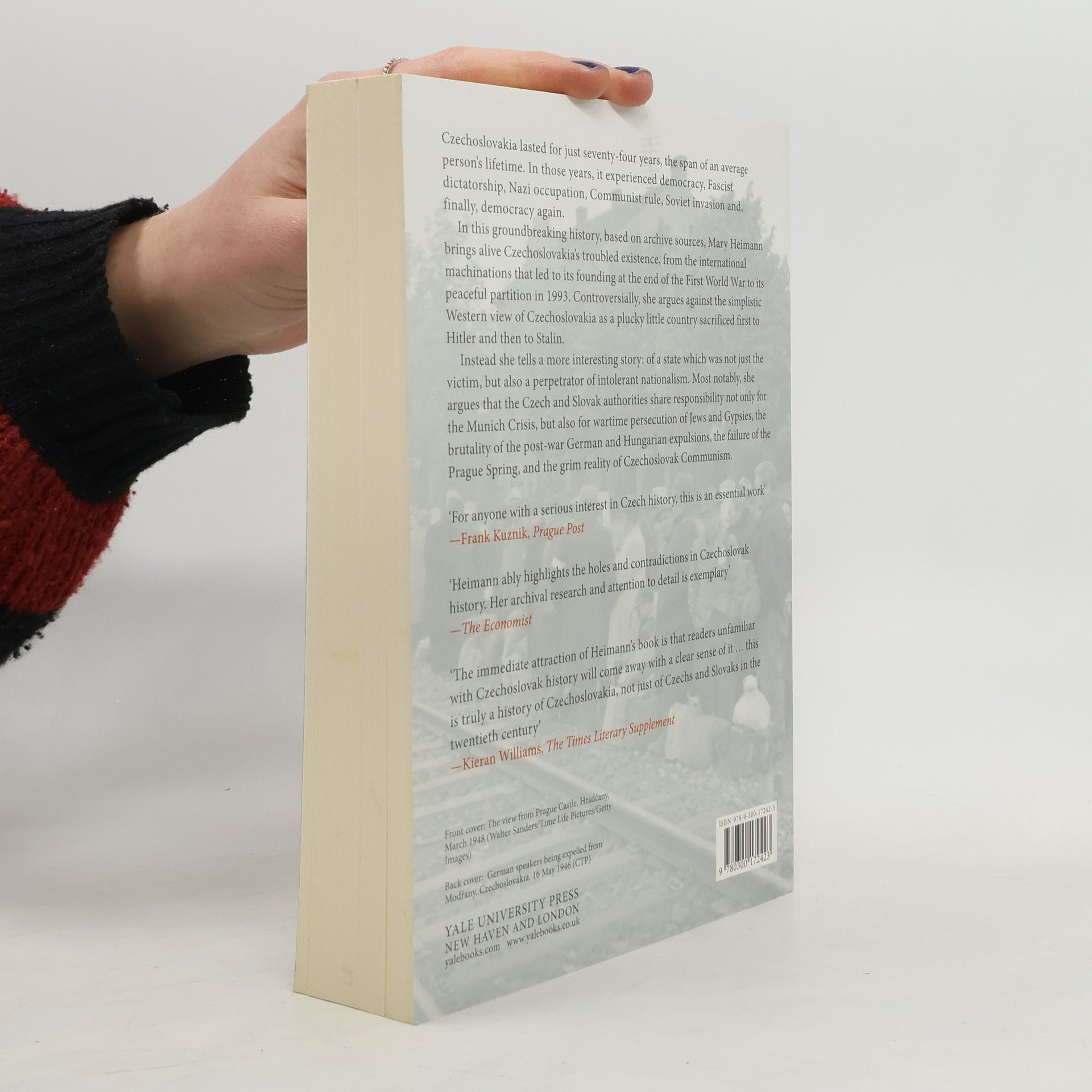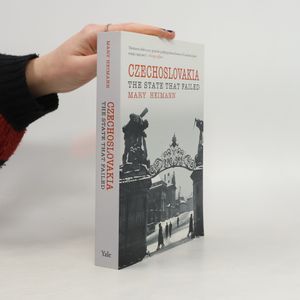Parametry
- 406 stránek
- 15 hodin čtení
Více o knize
Czechoslovakia, the state which preceded today's Czech and Slovak republics, lasted for just seventy-four years, the span of an average person's lifetime. In these years, it experienced democracy, Fascist dictatorship, Nazi occupation, Communist rule, Soviet invasion and, finally, democracy again. In this groundbreaking history, based on archive sources, Mary Heimann brings alive Czechoslovakia's troubled existence, from the international machinations that led to its founding at the end of the First World War to its peaceful partition in 1993. Controversially, she argues against the simplistic Western view of Czechoslovakia as a plucky little country unfortunate in its neighbors which was sacrificed first to Hitler and then to Stalin. Instead she tells an unexpected and much more interesting story: of a state which was not just the victim but also a perpetrator of intolerant nationalism. Most notably, she argues that the Czech and Slovak authorities share responsibility with the Great Powers not only for the Munich Crisis, but also for wartime persecution of Jews and Gypsies, the brutality of the post-war German and Hungarian expulsions, the failure of the Prague Spring, and the grim reality of Czechoslovak Communism.
Nákup knihy
Czechoslovakia. The State that Failed, Mary Heimann
- Jazyk
- Rok vydání
- 2011
- product-detail.submit-box.info.binding
- (měkká),
- Stav knihy
- Dobrá
- Cena
- 279 Kč
Doručení
Platební metody
Tady nám chybí tvá recenze.




